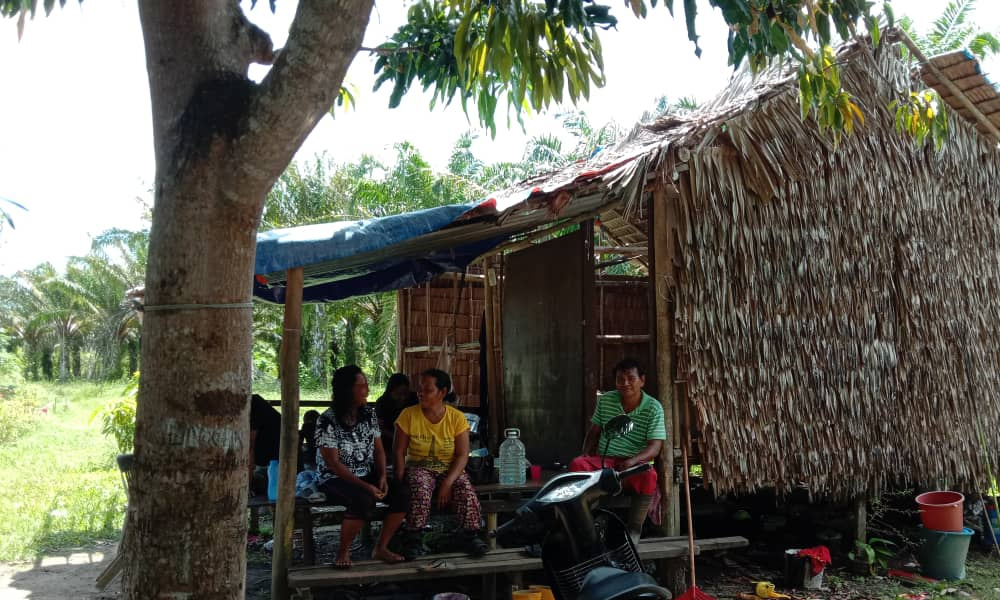Activists have urged the Environment Department (DOE) to retract its approval of an environmental impact assessment (EIA) report for a palm oil project spanning almost 8,500ha in Pahang.
RimbaWatch warned of the numerous environmental and social issues that would arise should the project in Rompin proceed.
The group said the project involving the deforestation of intact natural forests nearly twice the size of Putrajaya, is in direct conflict with the government’s actions to accelerate sustainability in the palm oil industry and improve the commodity’s international reputation.
“The Malaysian Sustainable Palm Oil (MSPO) certification does not allow for deforestation occurring after 2020.
“Malaysia is targeting 100 percent MSPO certification, and has stated an intention to make MSPO mandatory for all palm oil plantations.
“Due to these regulations, this project cannot receive MSPO certification as its area will be deforested after 2020,” RimbaWatch said in a statement today.
“As it cannot be certified, the product can neither be processed nor exported and, therefore, there is no economic case for this project,” it added.

Pointing out that the project would result in unavoidable adverse impacts on the area’s ecology and biodiversity, the NGO said the EIA was approved despite inadequate measures to mitigate such impacts.
The EIA, it stressed, also failed to address the tremendous carbon stock loss that would result from the project and in turn, disregards the implications of forest loss on the country’s overall carbon sinks.
RimbaWatch highlighted that the loss of forests would also increase the risk of human-wildlife conflict (HWC).
“The EIA accepts that HWC is expected to occur and outlines the risk of conflict with pig-tailed macaques, wild boars, tapirs, leopard cats, snakes, sunbears, elephants, and even tigers.
“These anticipated clashes with nature are likely to escalate the risk of crop damage, destruction of property and even injury or deaths.
“The economic and human costs of HWC are already high, and this project would only exacerbate this problem.”
Orang Asli land rights
RimbaWatch was appalled that the EIA had also misrepresented and downplayed the concept of customary land and indigenous land rights.
Instead, it only states that the Orang Asli Development Department (Jakoa) has not approved the Orang Asli’s application for their land to be gazetted.

Not only did the EIA fail to recognise the Orang Asli’s rights to their land, the group said, but the EIA further claimed that “the project will not impact Orang Asli livelihoods or access to the forests”.
“The EIA failed to address the allegations that the Orang Asli’s consent to the project was fraudulently obtained.
“It only mentioned that the Orang Asli communities within the project site have ‘agreed’ to the compensation that the project proponent offered, yet made no reference to the Orang Asli blockades erected in protest of the project.
“There is an absence of sufficient mitigation plans to address these potential human rights violations in the EIA,” it added.
Yesterday, it was reported that seven Orang Asli from the Temoq tribe in Pahang had filed a judicial review against the environment director-general’s decision to approve an EIA for the project.
They are seeking a declaration that the right to a clean, safe, and sustainable environment is a fundamental right under the Federal Constitution and for an order to quash the director-general’s decision. - Mkini

No comments:
Post a Comment
Note: Only a member of this blog may post a comment.